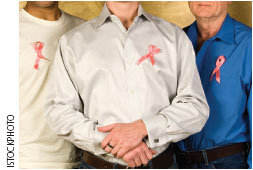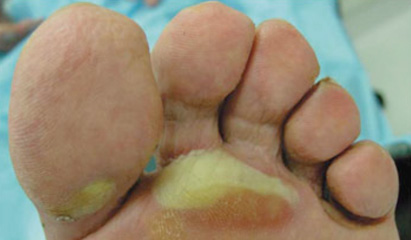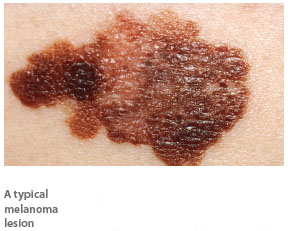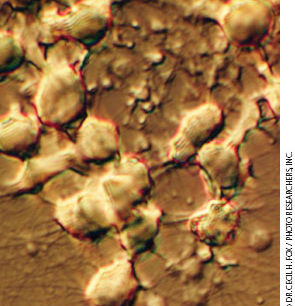This column explores the complementary strategies and practices that can help cancer patients stay as healthy as possible during treatment. This month, the author explains the rationale for the column in My Story.
Breast cancer affects men as well as women, and the men who live with and survive breast cancer have a number of gender-specific adjustments to make.
The proton therapy debate centers on the high cost of facilities and the equivocal evidence for superior tumor control and patient survival.
Outpatient treatment shortens hospital stays and shifts responsibility for patient care onto family members with no medical training.
Hand-foot syndromes can greatly compromise quality of life. Aggressive management can prevent treatment disruption.
When cancer patients need care and information that their primary health care team cannot provide, individualized counseling and support can often make all the difference.
A new database developed by the EWG rates the safety and effectiveness of over 700 sunscreen products.
Indoor tanning may increase the risk of melanoma, according to researchers from the University of Minnesota’s School of Public Health and Masonic Cancer Center.
A study published in Cancer found that African-Americans and women are less likely to undergo bone marrow transplantation to treat their cancer.
The NCI discussed four main measures it would take to improve the clinical trials system in response to a recent IOM report on the weaknesses of Cooperative Group cancer clinical trials.








